Donnie Yen and Jing Wong! The new "Eight Dragons" creates "the strongest warrior"
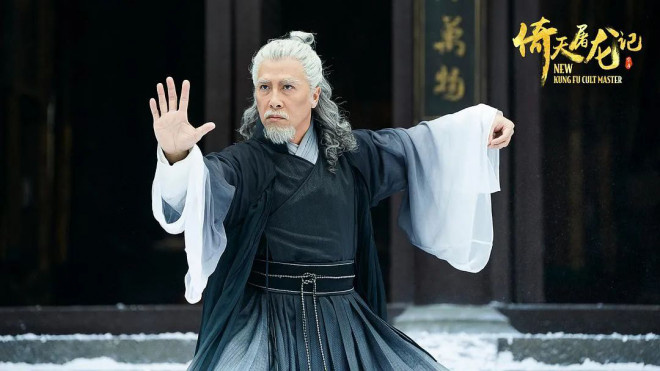
Special feature of 1905 film network "What a big fellow! This must be a sad and generous man in Yanzhao Northland. "
Qiao Feng, the great hero in Mr. Wang’s "Eight Dragons", will be put on the big screen.
The film produced and starring by him was first exposed at Cannes Film Festival a few days ago, and the film is being prepared for production. When Donnie Yen meets Jin Yong, what sparks will there be?
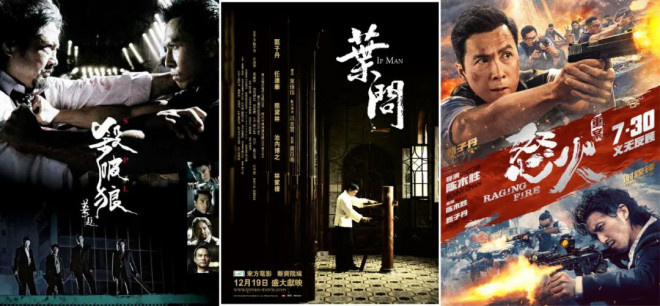
With the ending of the series and the comprehensive summary of "Zhen Kung Fu", Donnie Yen is also facing a breakthrough in the future personal action film route.
In the past, he formed his own unique action style by combining mixed martial arts with fashion action movies. Later, the new school Wing Chun became famous with the series of "Ip Man" and rushed out of the country, becoming its most influential masterpiece so far.
Before the release, Donnie Yen had announced that he would bid farewell to martial arts films such as Ip Man. He bluntly said, "I have almost found a breakthrough in kung fu films." Now, Donnie Yen will aim at another field in action movies — — Martial arts.
What bureau will Qiao Feng Biography be organized?
First of all, it is necessary to clarify the conceptual differences between Kung Fu films and martial arts films mentioned by Donnie Yen.
Professor Jia Leilei, an expert in martial arts film research, wrote in the article "Historical Naming and Type Evolution of China Martial Arts Films" that martial arts films can better define this kind of films with martial arts actions as the main performance form than concepts such as kung fu films and martial arts films.
His China martial arts films in the past hundred years are subdivided into "Legends of Genies, Biographies of Characters, Knives in Ancient Costume, Martial Arts and Martial Arts, Humorous Comedy and Magic Myth".
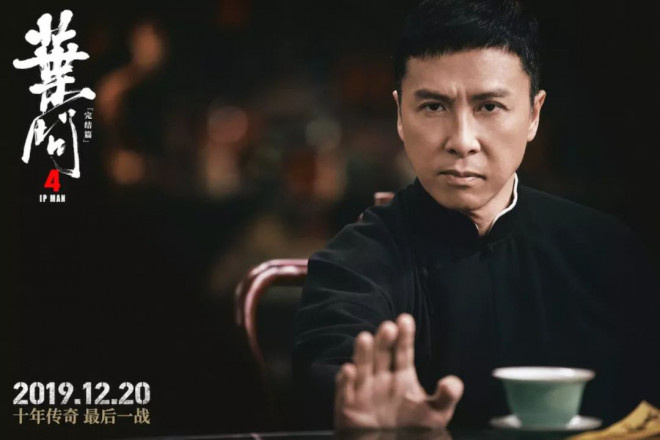
Based on this discussion, Donnie Yen’s farewell to kung fu movies should mean that he will no longer shoot biographies and martial arts movies like Ip Man, while The Legend of Dragon in Eight Parts of Qiao Feng seems to indicate that he will work hard in the direction of martial arts movies like ancient swords.
From the 1990s to the year after 2000, Donnie Yen made this kind of martial arts films, but the creative dominance was more in the hands of directors such as,, and so on.
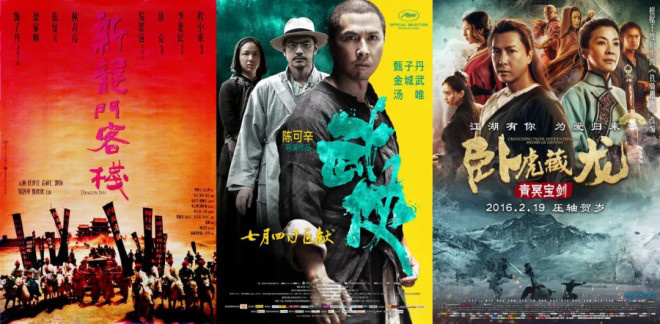
At the top of the first poster released by Qiao Feng Biography of Dragon and Eight Branches, "A DONNIE YEN FILM”&mdash conspicuously written & mdash; — "Donnie Yen Movies". It can be seen that no matter who is the director or producer of this film, just like the author label formed by "movie" and "movie", Donnie Yen is the core bone of this film.
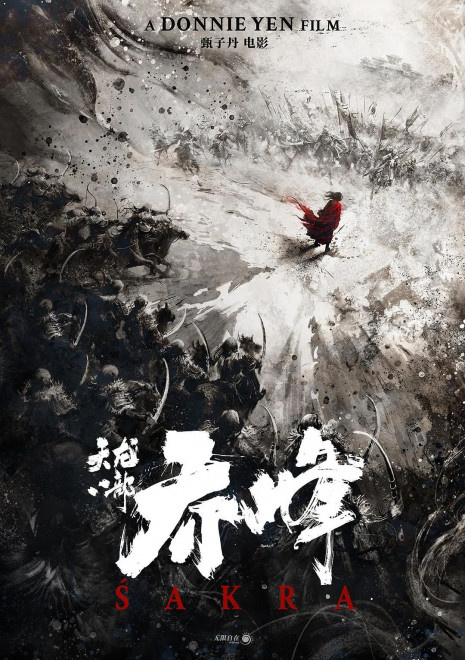
Regarding the choice of the heroine, Donnie Yen revealed that she would give priority to acting skills, refused to face plastic surgery, and the coffee spot was not important, not to mention the new person who was selected for the sea election. It can be seen that Donnie Yen has great control over this film, and his creative ambition is not small.
The producer behind the film is Infinite Freedom Film, acting as a producer. This production group has just released a film adapted from Jin Yong’s novels in this year’s online Spring Festival file, and Jing Wong also remake Jin Yong’s harmony in his early years.
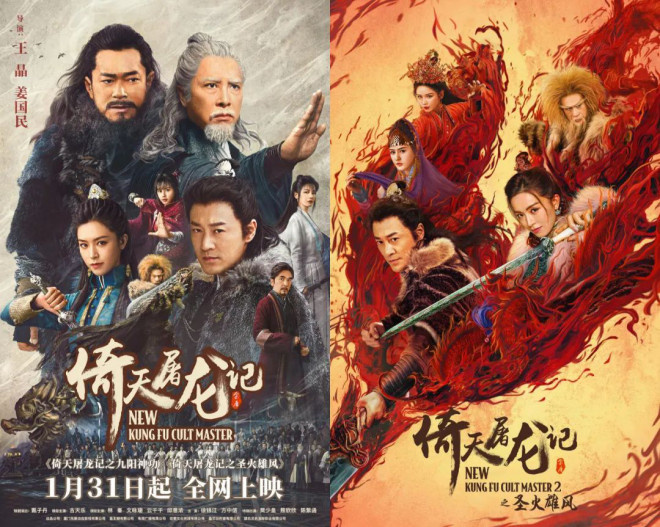
Only now, the film and television works adapted from Jin Yong’s novels have almost become synonymous with "bad drama" and "bad film". Jing Wong’s new version of "Eternal Dragon Slayer" has been a hit at the online box office, with bad reviews.
In the past five years, Jin Yong’s new dramas, such as New the legendary swordsman, Dragon Slayer, The Duke Of Mount Deer, and Dragon’s Eight Branches, have appeared frequently, and some of them have fallen into the curse of low marks, such as wrong casting, excessive showmanship, vulgarization of stories, and exaggeration of love dramas into "Qiong Yao style".
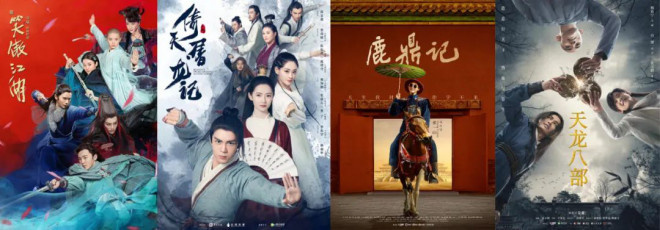
Counting from the Qiao Feng Biography of Eight Dragons, six TV series and four films were made from 1982 to 1994, and there were no cinema films related to Eight Dragons.
The film version is the most classic, but it is not about Qiao Feng, Duan Yu or Xu Zhu, but about the "fighting style" of the two girls and the elegant demeanor of the leading role. For the role of Qiao Feng, the version and version of TV series are the most praised.
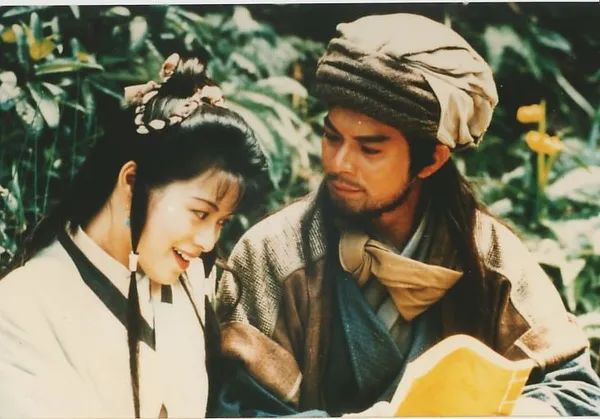
Donnie Yen had been in contact with Jin Yong before, and only played Zhang Sanfeng in this year’s new edition of "Eternal Dragon Slayer". Playing opera is a cinch, that is, it lacks the temperament of sage like type, and there are problems of strong martial arts and weak literary drama.
If Donnie Yen plays Qiao Feng this time, the display of martial arts skills, such as lowering the dragon’s eighteen palms and beating the dog with a stick, is the second, and how to shape Qiao Feng’s true colors as a great hero is the key.
It is said that the film was directed by The Untamed, and it changed from a costume drama to a martial arts movie. These are two totally different creative dimensions, and whether it will become an online movie like the new version of "Eternal Dragon Slayer" after completion. Because of these uncertain factors, most viewers still keep a cautious wait-and-see attitude towards the expectations of the film.
The Dilemma and Breakage of Martial Arts Films
It’s not just "Eight Dragons", but there are very few films adapted from Jin Yong’s novels at present.
The last Jin Yong film that can be seen in domestic cinemas was the final version that was released in 2008, but the content of this film is quite different from the original "Legend of the Condor Heroes", which is completely an artistic film after personal deconstruction of Jin Yong’s text.
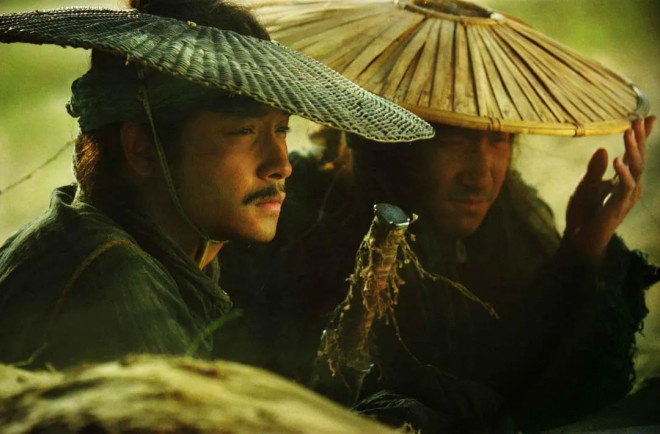
Not only Jin Yong’s films are not favored by the market, but China’s martial arts films have been in decline for more than a decade, and the decline of martial arts films has long been a cliche in the industry.
Comparing with the market performance data, in 2011, there were 18 domestic films with box office exceeding 100 million in China mainland market, and 9 martial arts films accounted for it. In 2019, when the box office of Chinese movies was the hottest before the outbreak, only the martial arts film "Ip Man 4: The End" had a box office of over 100 million, which stood out.
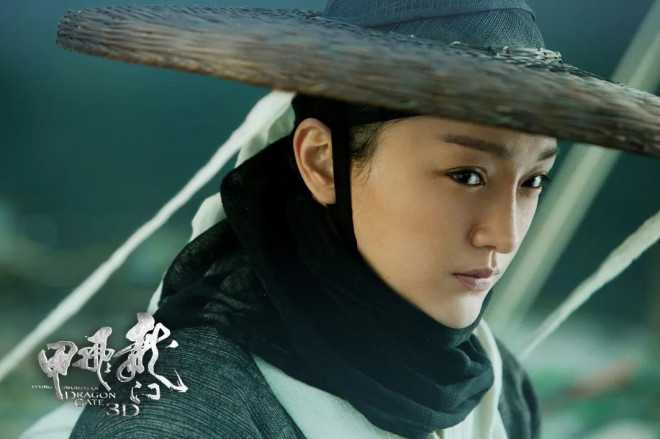
Martial arts films are not the mainstream type in the cinema market today, but a large number of them gather in the online movie platform and grow wildly.
In the top three in the history of online movie box office, there are two fantasy martial arts films. In 2022, among the top five online movie box offices, there is also a Zhang Sanfeng. The martial arts craze has turned to the Internet, but unfortunately the content still stays in the IP cold rice.
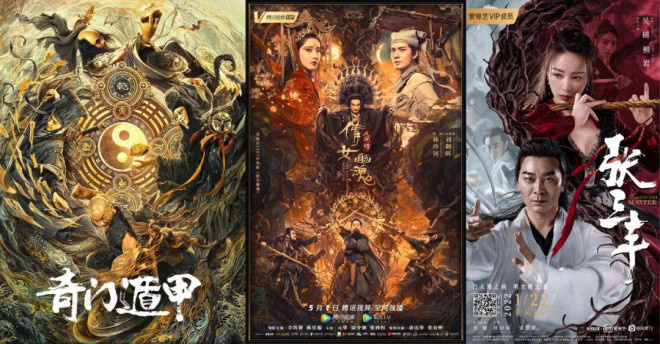
China’s martial arts films have entered a cooling-off period at the moment, just like western films, which have experienced peaks and valleys. This is a universal law in the development of genre films, but it does not mean that the development of martial arts films has stopped in the past ten years.
With three films in the series, Tsui Hark continuously used 3D and special effects technology, combined with suspense detective elements, to inject visual and genre vitality into martial arts films. At the same time, he has been preparing to remake Jin Yong’s "The Condor Heroes" and plans to build a trilogy.
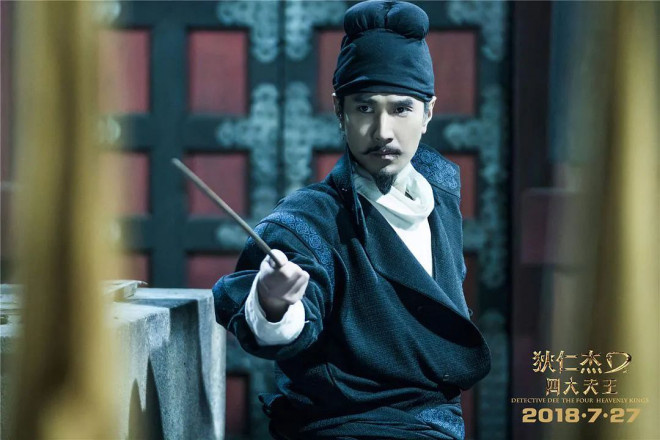
Wong Kar-wai and two highly successful directors have surrendered and.
They not only integrate their personal artistic style into the martial arts, but also create an image texture that is different from the traditional martial arts films. The former writes about the future of the whole martial arts. The latter closely follows the contradiction of "one person, no one of the same kind", and presents the spiritual waves of a generation of women in the dynamic and static switching.
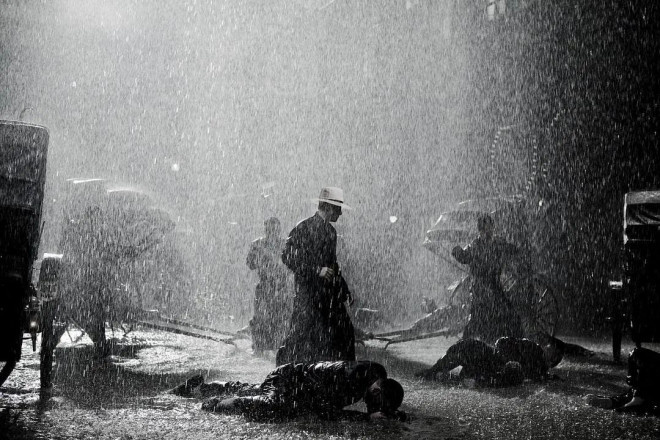
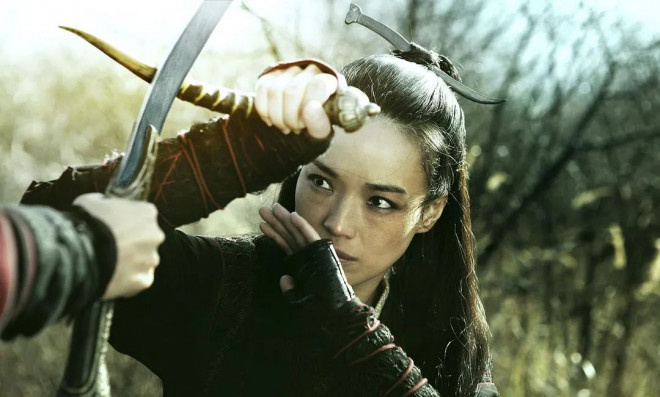
The two films directed by young people have inherited the style of traditional swordsmen’s films with swords and swords, and used the tactics story of the Spring and Autumn brushwork to learn from the past and keep up with the contemporary.
Those who create a new martial arts style by themselves pay more attention to the expression of China culture and martial arts inheritance than traditional martial arts films by going deep into different martial arts schools.
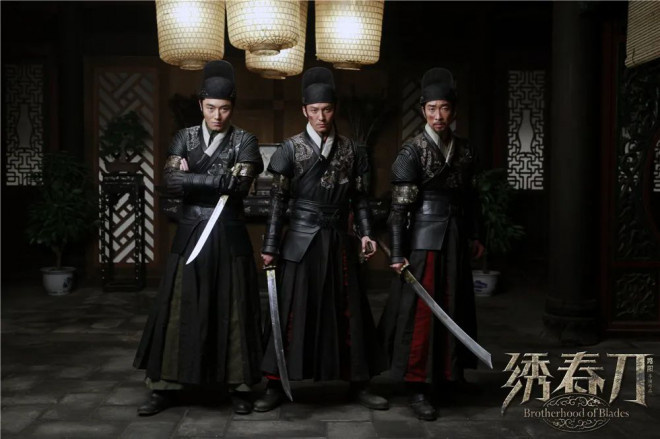
Xu Haofeng has made incisive observations and summaries on the shortcomings in the creation of current martial arts films in the book Knife and Stars.
He believes that "tracing back to the history of martial arts, we can find that for a long time, martial arts movies were psychological compensation for the lack of national strength." Therefore, many heroes created by martial arts films "hide others from others with’ national justice’ and give the audience cheap excitement with’ declaring war on the outside world’. They don’t have a clear concept of love, values, and life and death. They just rely on’ forcing urgency and fighting’ to cope with everything. "
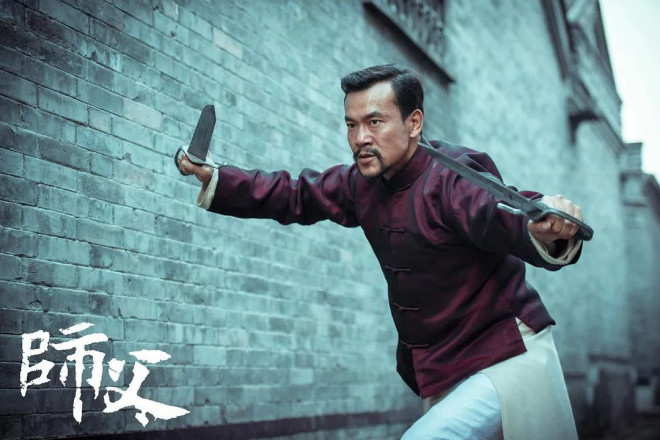
"Most martial arts films are catharsis of bad mentality, and it is difficult to see a respectable character and a personality worth thinking about, which is far from the high-quality part of traditional culture." In other words, to revive the martial arts movies, we can’t rely on slogans, we can’t turn martial arts into martial arts, and we must establish unique values in order to tell a good story.
Xu Haofeng also believes that martial arts films need to reflect on China culture, especially the fear of the collapse of ceremonies. "First, we must establish our own fear and redemption, and we can’t fight any more."
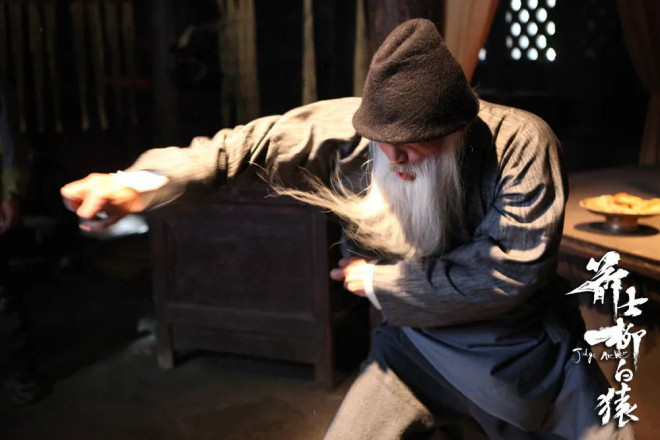
Xu Haofeng’s theoretical thinking prompted him to put himself into practical shooting. In order to face more audiences, Xu Haofeng began to adopt the commercial film production mode from Master, and joined star actors to enter the cinema market. However, since then, projects have been set up and new films have been filmed, and "Hiding on the Back of the Knife" and "Treasure in front of the door" have all been completed, but for various reasons, they have been delayed.
Starring "Poetic Eyes Tired of Tianya" was released in 2018. After many years, the video material was released in the near future and quickly boarded the hot search. It can be seen that the audience’s enthusiasm for martial arts films and their desire for excellent martial arts films are undiminished.
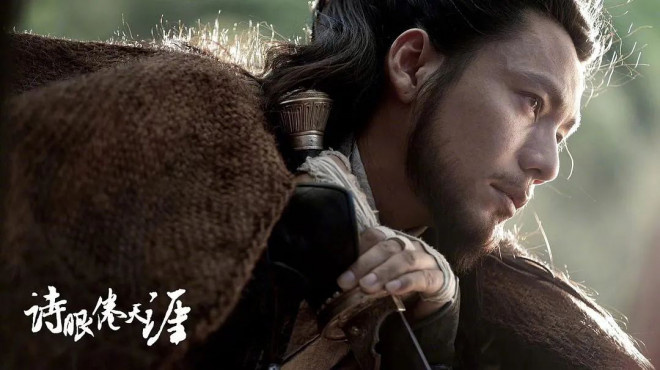
Donnie Yen’s Biography of Dragon in Qiao Feng also has the opportunity to create new possibilities for China’s martial arts films.
On the pilot poster, Qiao Feng’s image of winning the crowd is reminiscent of the most famous Yanmenguan War in the novel, and Qiao Feng’s sad life, starting point and ending point are all here. It is not only to show Qiao Feng’s heroic spirit, but also his fear and redemptive power to the rough life experience, which is enough to bring more space for the story creation of the film.
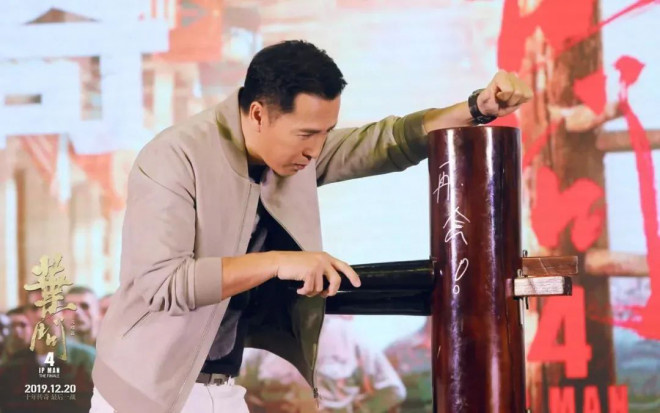
According to the report, Donnie Yen wants to use this film as a starting point to establish the martial arts universe in China and export the martial arts spirit in China. Just as The Avengers created Iron Man, the spiritual leader, to imitate the modern system of Marvel Universe to shoot The Legend of Dragon in Qiao Feng, it is also an attempt to go abroad.
But never forget the local roots of China’s martial arts films and the soul of China’s martial arts film culture.